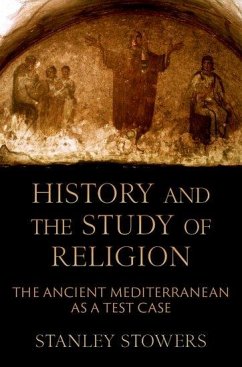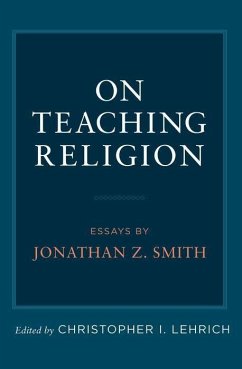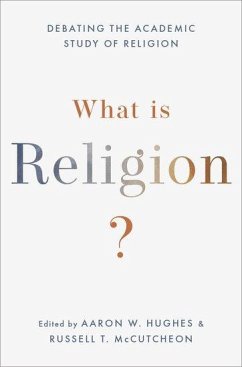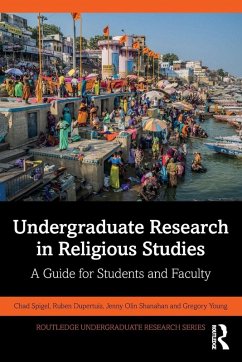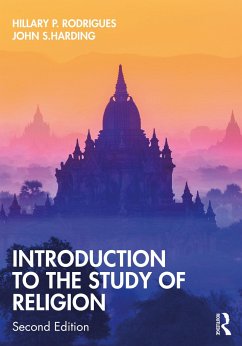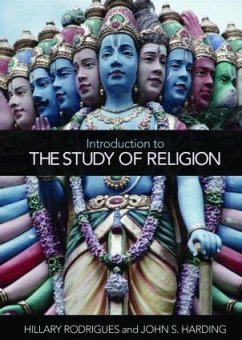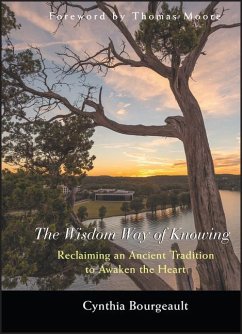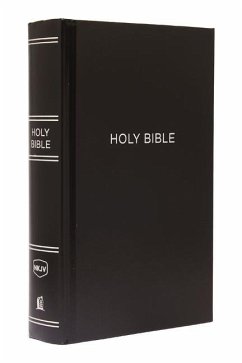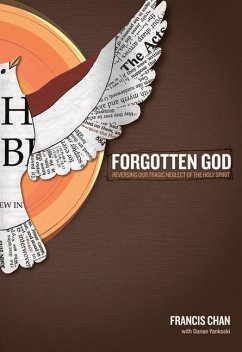
Why Study Religion?
Versandkostenfrei!
Versandfertig in über 4 Wochen
55,99 €
inkl. MwSt.
Weitere Ausgaben:

PAYBACK Punkte
28 °P sammeln!
Why Study Religion? offers an alternative framework, Critical Humanism, for thinking about the purposes of the discipline. Richard B. Miller theorizes about the ends rather than the means of humanistic scholarship. He argues that the future of religious studies will depend on how well it can articulate its goals as a basis for motivating scholarship in the field.




